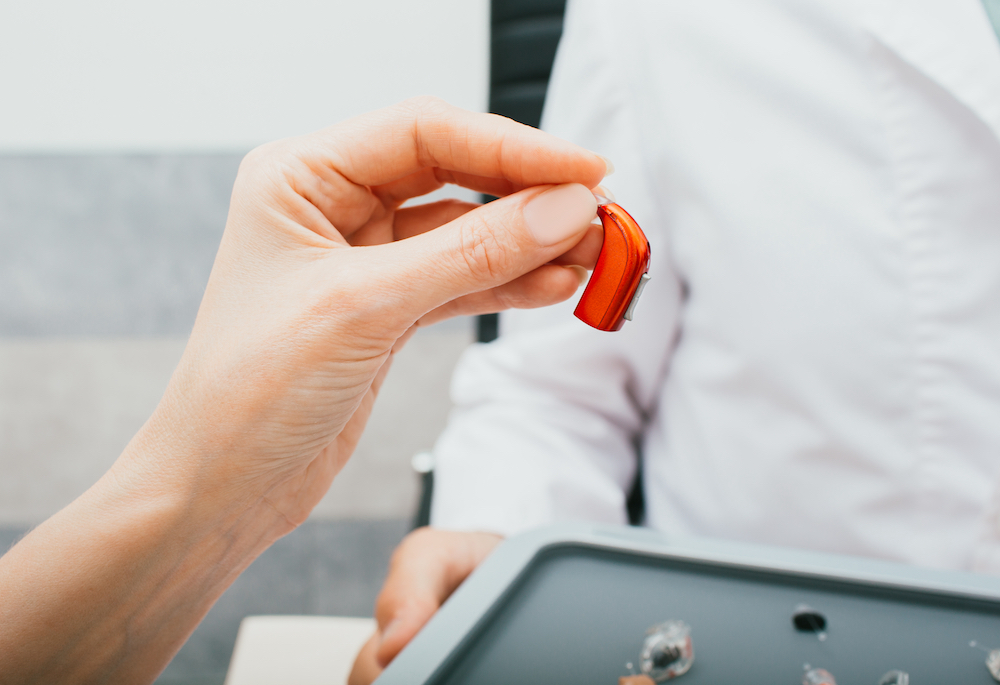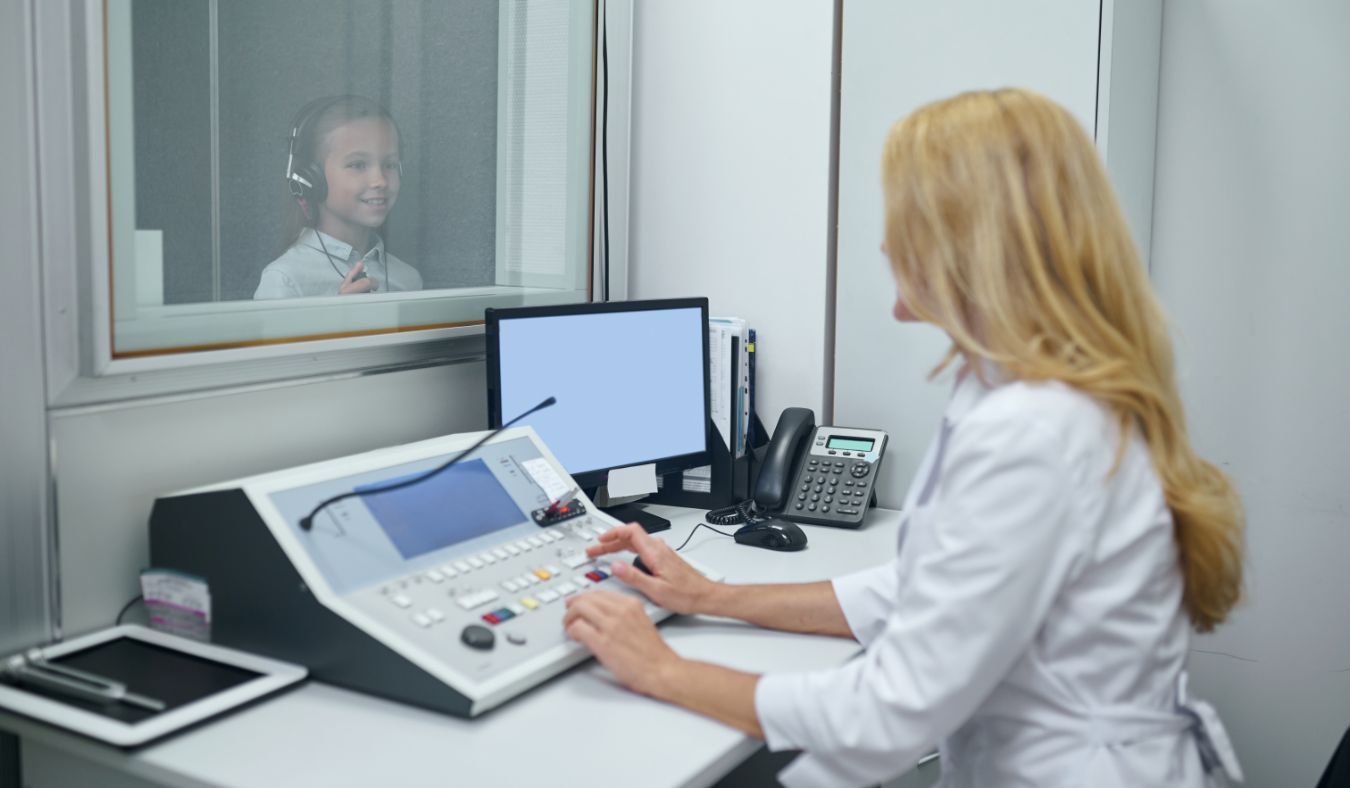How to Maintain Ear Health While Traveling
Travel disrupts your normal routines in many ways, from changing your
Mobile Services in Massachusetts, New Hampshire & Southern Maine
Call (844) 958-5304 to schedule today!


Travel disrupts your normal routines in many ways, from changing your

Despite how common hearing loss is, many people who could benefit from

Selecting the right hearing specialist is an important decision,